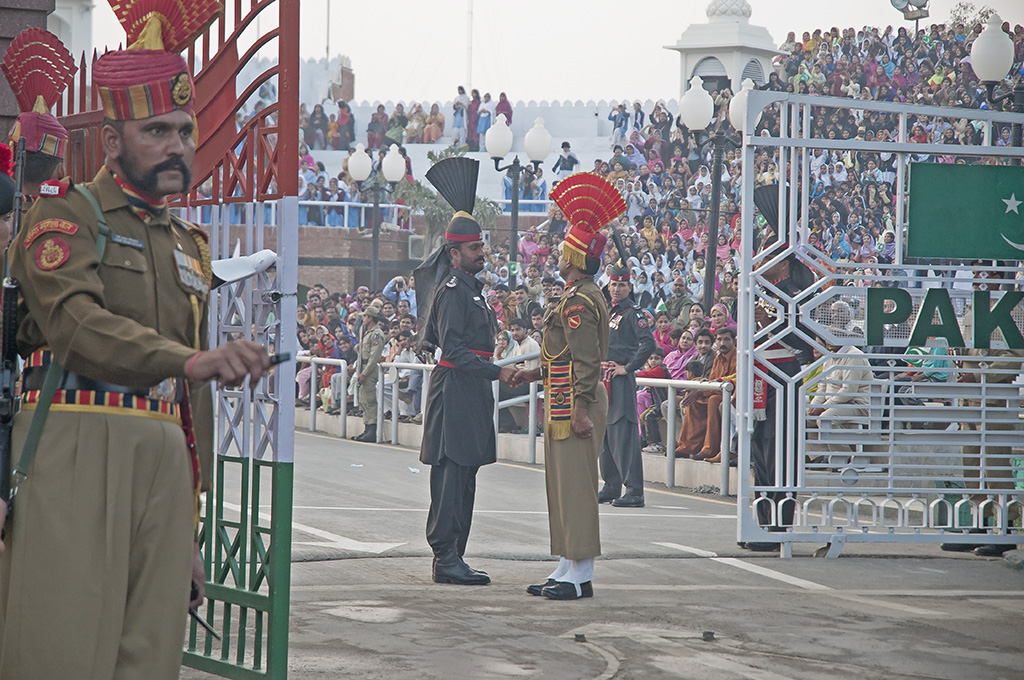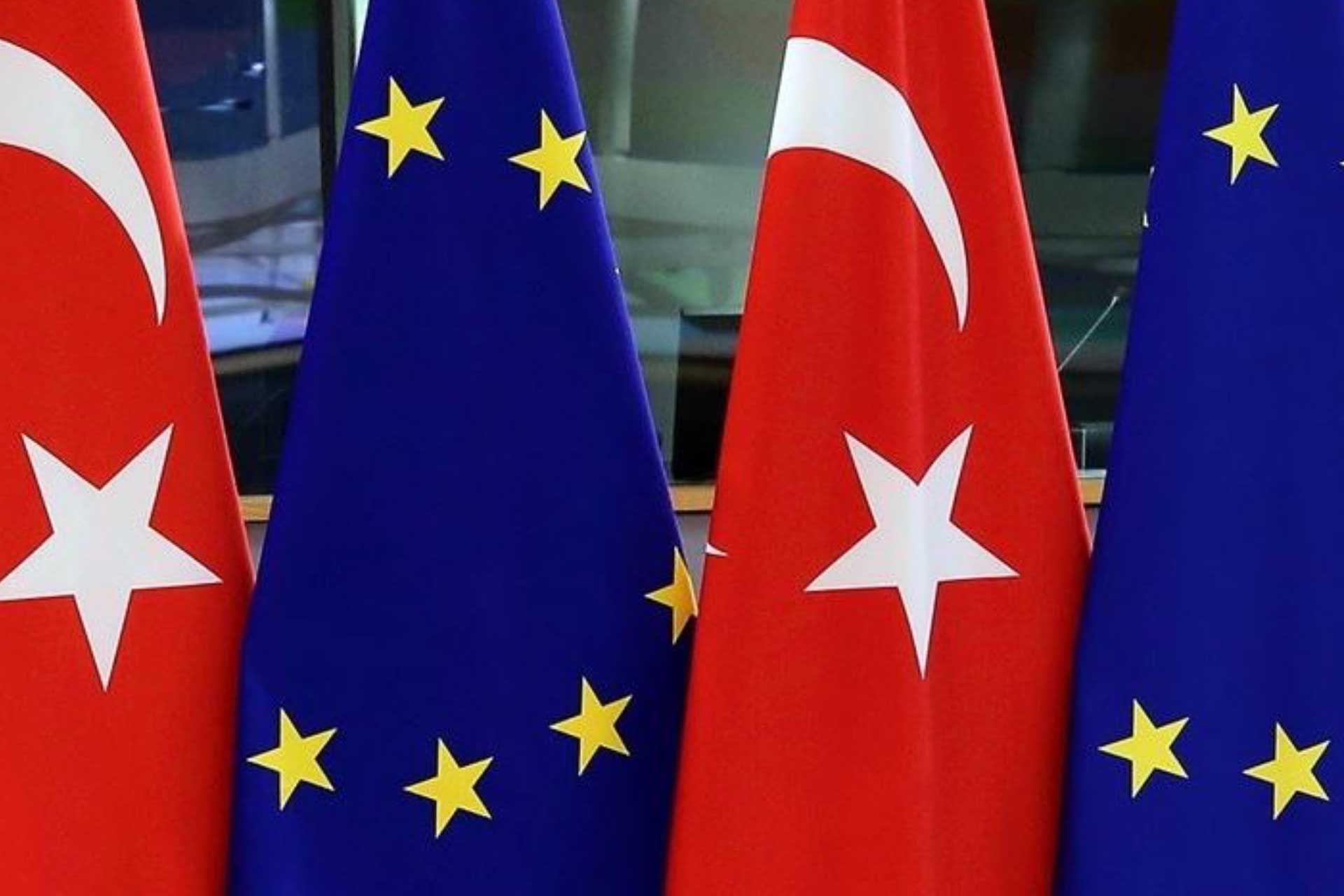Bridging Divides: The Future of Pakistan-India Diplomacy in Modi’s New Era
As Narendra Modi and his cabinet ministers again pulled off another victory and took charge of the Indian Government, the stage is hot for beginning a new era of productive relations with Pakistan. The re-elected Prime Minister (PM) secured the third term after an election that ended on 1st June 2024. This time, Modi’s BJP-led National Democratic Alliance has to seek the support of 14 other parties to form a majority. However, it is important to foresee and surmise how India-Pakistan ties will be during the third Modi’s tenure.
India being one of the largest economies seeks good diplomatic and economic ties especially with its neighbors to further expand its economic power in the region and at the global scale. However, India is careful when it comes to establishing ties with Pakistan due to mistrust and several conflicts. Nevertheless, despite Modi’s quick congratulations to Shehbaz Sharif after becoming the 24th prime minister of Pakistan in March of this year, Sharif replied to his social media post after a delay of two days to congratulate Modi for becoming PM of India third time. That raised critics’ eyebrows and questioned the possibility of a peaceful diplomatic relationship between the two nuclear-powered rivals.
Pakistan-India relations remained stranded since the inception of both the countries in 1947. Experts on both sides of the border are highly dubious about the Indo-Pak relationships. There is no argument over the importance of India-Pakistan future relations in fostering peace and prosperity in the sub-continent. Undoubtedly, the diplomatic and trade relationships between the two Asian neighbors have always been complex and questionable. And now, after the re-election of a new Indian leader, can there be a possibility of brighter days to foster the economic and political stability of these two countries?
In this post, we will dive into the nitty-gritty details of whether the most recent leaders (Modi and Sharif) forget the not-so-pleasant past and finally bring things toward unity.
The million-dollar question is: Will Pakistan and India be able to start a new chapter of creating synergy, consensus, and fruitful relations? To answer this question, there is a need to understand the historical developments to improve ties between the two countries.
Some Historic Examples of Relationship Revival
Over the past decades, individuals and organizations have tried to improve Pakistan-India diplomatic and trade relations. Some honorable mentions include:
- Zulfiqar Ali Bhutto’s “Simla Agreement” of 1972
- Rajiv Gandhi’s peace suggestions in 1988 with Benazir Bhutto
- The Delhi-Lahore Bus Service introduced by Manmohan Singh
- Peace dialogues between Imran Khan and Narendra Modi to reduce tensions and foster harmonization
Despite these promising initiatives during the last few decades, the relations between the two nuclear rivals are yet to be normalized due to some territorial disputes, and political reasons.
Unresolved Tensions, Issues, and Anti-harmony Factors
- The Kashmir Dispute
Arguably, the largest hurdle between the two neighbors is the Kashmir dispute. The conflict has resulted in many wars since independence in 1947. Surprisingly, New Delhi keeps accusing Islamabad of supporting Kashmiri rebels wanting to merge with Pakistan. The late President Pervaiz Musharaf also firmly presented the right of self-determination of Kashmiri Muslims, but the controversy never stopped.
- India-China Vs. China-Pakistan Relations
China has quickly gained superiority in South Asia as an economic powerhouse. In recent years, India-China relationships have been strained due to geopolitical issues, intense economic growth targets, and military conflicts. Moreover, the Himalayas border conflict and China’s holistic support and friendship with Pakistan have surged aggression between India and China.
Notably, China has always preferred Pakistan to pursue strategic economic development projects. The escalation of Pak-China economic, cultural, and diplomatic relations has complicated India’s relationships with China. India needs China to invest in its infrastructure similar to the China-Pakistan Economic Corridor (CPEC). Hence, the China-Pakistan friendship has been a sign of fear and concern for Indian politicians.
- Other Factors Surging Tensions
- Cross-border terrorism incidents such as the Mumbai attacks of 2008 by the militant group Lashkar-e-Taiba killing, 166 people in India.
- Unique strategic economic interests of both countries
- Grievances due to the deaths of thousands of innocent Kashmiris fighting for their national identities.
- Cultural and religious tensions such as the destruction of Babri Mosque in 1992 in Uttar Pradesh, India.
So, what lies ahead? Can we expect a fresh start between the two countries?
The Current Landscape and Modi’s Strategy
In 2024, the relationship quality between the two traditional rivals significantly relies on multiple peace talks and other factors. Ironically, armies in both countries are always ready to start a clash along the lines of control. However, it is important to look at how new governments act differently from the past.
Besides, the third time serving PM Modi has a reputation for demonstrating aggressive and assertive behavior towards Pakistan. For example, in foreign policy, Modi’s intentions were clear in 2015 when he met Nawaz Sharif in Lahore and continued peace talks. But, in 2019, military conflicts escalated with the Pulwama incident that adversely impacted diplomatic relations. Also, the foreign policy of Shabaz Sharif is likely to determine the fate of future India-Pak relations in this third term of the Indian PM.
What do Experts Think?
A few analysts, former diplomats, and experts are still optimistic about the possibility of a rejuvenated leadership strategy to strengthen diplomacy between the two countries. For example, a foreign policy analyst Radha Kumar believes that Pakistan’s military’s thinking about India has changed positively. Moreover, other analysts such as Muhammad Faisal from Islamabad believe that India should change its foreign policy so that Islamabad can ensure internal consensus before engaging with India.
While an Indian politician Vivek Katju argues that trade should be embraced by Pakistan to develop positive relations with India. That will improve the economic growth of both countries. He also believes that for Pakistan, it is a sensitive time with a new government to transform its relations with India. However, it requires letting go of the old approach and operating with a fresh mindset.
Also, a former foreign secretary of Pakistan described that in 2015, India did not respond favorably to Pakistan’s friendly suggestions, and he still doubts India will respond to Pakistan’s kind feelings with similar gestures. This shows a lack of diplomatic courage and empathy for Pakistan to empower each other positively.
An Optimistic Outlook…
In 2024, both the Modi and Sharif governments have an excellent opportunity to shape the direction of future relations between India and Pakistan. The facts, experts’ opinions, and historical details show that improved ties between Pakistan and India are still not impossible considering both countries’ leaders seek pathways to peace, prioritize friendship over rivalry, and form foreign policies to support each other without prejudice or hatred.
Despite several historical grievances, foreign policies, and leadership ideologies, both India and Pakistan can join hands to open-heartedly focus on issues such as cross-border terrorism, climate change issues, and economic growth. Nurturing stronger ties will require Modi and Shabaz Sharif to communicate about complex diplomatic relations and more peace-building initiatives can improve confidence.
Finally, both leaders and their teams can identify action plans to improve trust and mutual respect to mitigate diplomatic conflicts. Using a comprehensive and transparent foreign policy also plays a crucial part in shaping the future of both countries’ relationships during Modi’s third term.




Comments